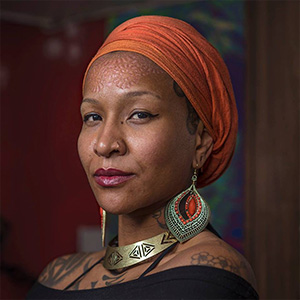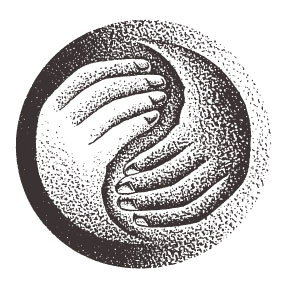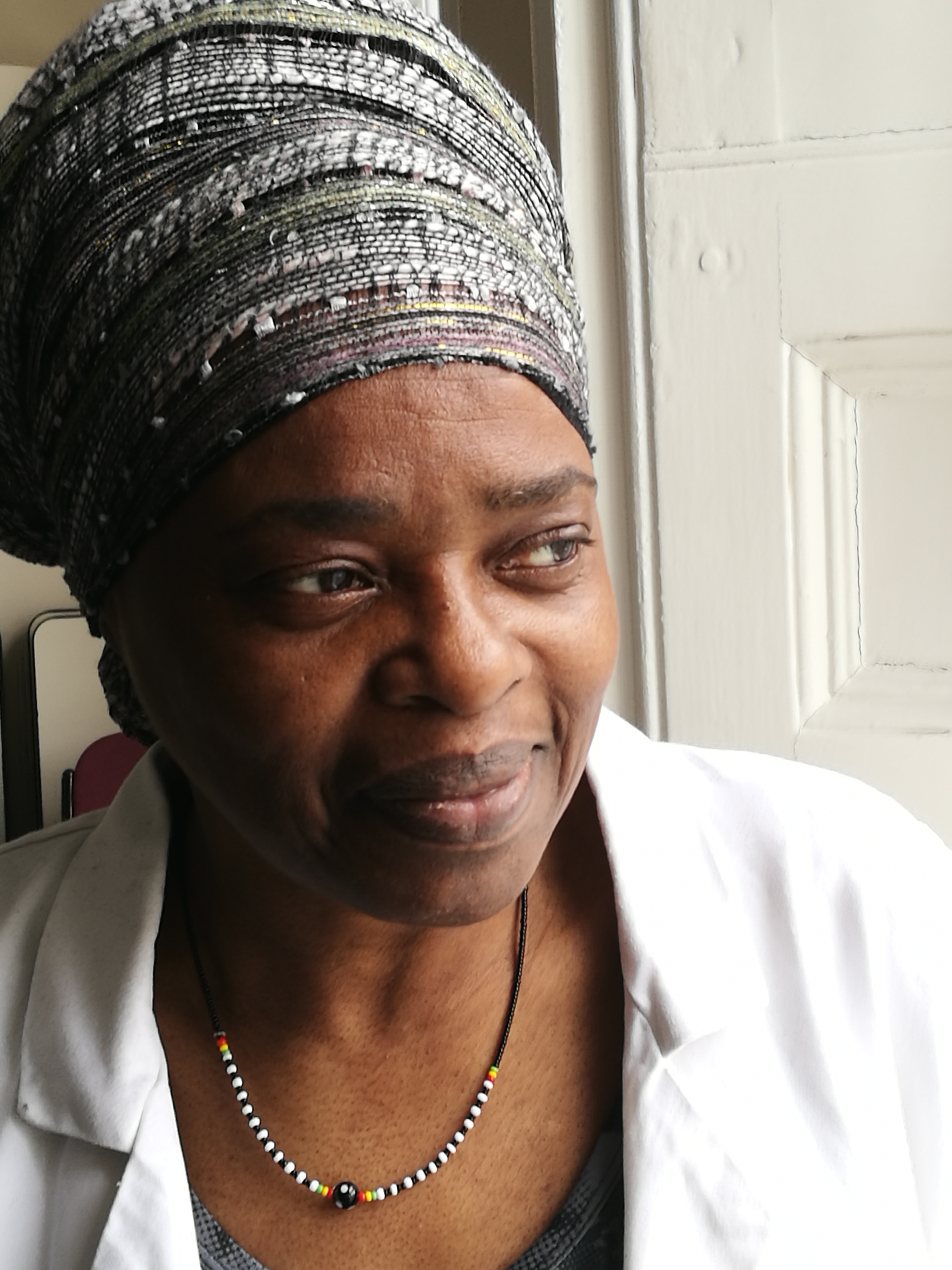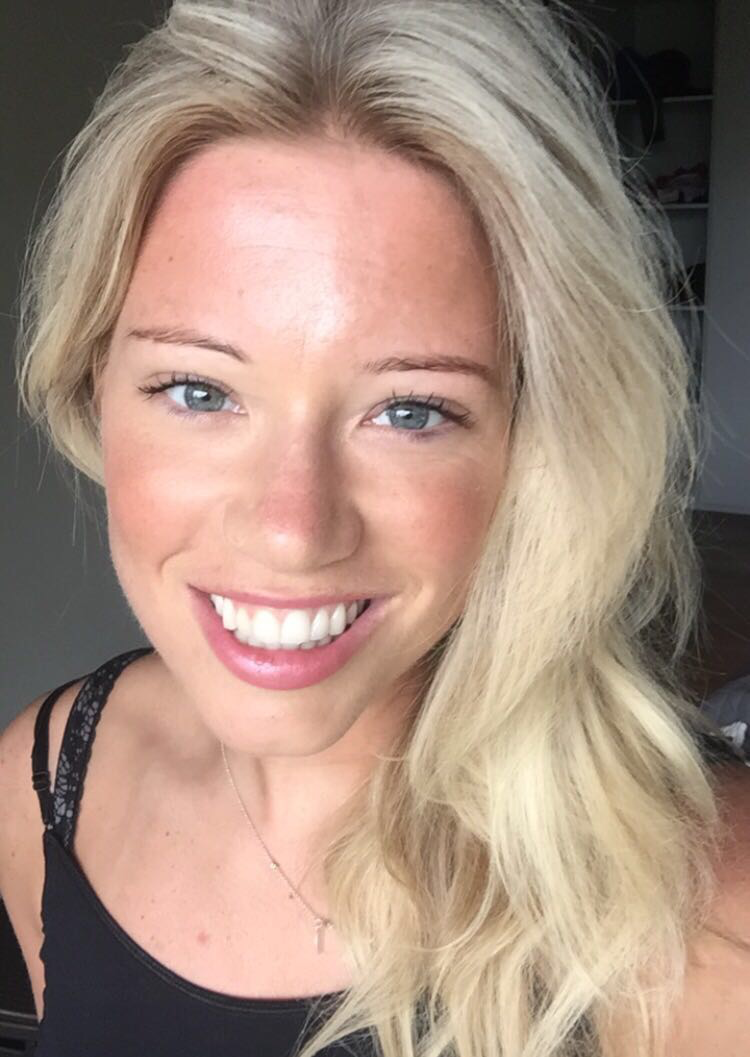Code of Conduct in the Student Clinic
Students must at all times behave in an honourable and responsible manner and observe the ethical standards of registered acupuncturists as laid down in the BAcC Code of Professional Conduct, both in their relations with patients they encounter in clinical practice and observation and in their relations with each other.
In treating patients or carrying out practical work in class with fellow students, they must act with all reasonable care and under the direction of a clinical supervisor or teacher.
Students must observe confidentiality with regard to information concerning patients and fellow students, which is available to them through practice or observation at the College clinic, observation in other clinics, or in class. The duty of confidentiality covers information about a patient or student, and views formed about a patient or student. Such information or views should not be discussed with other students, staff, relatives or friends of the patient or fellow student without the patient’s or student’s express consent.
In their dealings with patients students must not denigrate practitioners of Chinese Medicine or any other system of medicine, fellow students, or staff members, or any styles of practice in Chinese Medicine or any other system of medicine.
If a supervisor feels it necessary to intervene in a student’s treatment, the student concerned and any observers present should not react in any way that might communicate unease to the patient.
Under no circumstance may a student either in the clinic, the College or outside the course environment, lead another person to suppose or allow another person to continue to suppose that he or she is a qualified acupuncturist. No student may cause or allow another person to think that enrolment on this course is sufficient preparation to treat people without supervision. Students who are practitioners in other fields and who may already have clients should take particular note of this rule.
Students are encouraged to practise diagnostic techniques and point location but must not under any circumstances practise needle insertion or manipulation without appropriate supervision provided by the College. Undergraduate students may not give advice to patients or suggest patent herbal remedies without appropriate supervision.
In their relations with patients, staff and fellow students, students are expected to act with sensitivity towards and respect for their colleagues’ backgrounds and points of view.
Students practising and observing in the clinic are expected to treat patients, staff and fellow students without prejudice or discrimination of any sort.
In all situations in the clinic the student must adhere to instructions given by the supervisor or assistant supervisor on duty.
Inappropriate Behaviour
Any student who is under the influence of drink or drugs, who is violent physically or verbally towards anyone (patient, staff or student) in the clinic, or who makes inappropriate advances towards a patient will be excluded from the clinic immediately and for the remainder of that day. Any such exclusion and the reason for it will be logged in the student’s clinical file. In deciding to exclude a student, the clinical supervisor should act in consultation with another supervisor, and with the receptionist, or any other witness to the behaviour. The second supervisor and any witness should also sign the report in the student’s file.
Re-admittance to the clinic will be on the basis of an interview with the student conducted by two supervisors or one supervisor and one member of the teaching staff.
Negative feedback on a student’s conduct in an external clinic is dealt with by a follow-up procedure. The practitioner giving the negative feedback is contacted for further details and the student is made aware of the feedback. The feedback is discussed at a meeting between the student, the Academic Director and the Dean or, in the case of students in their clinical year, between the student, his/her clinical supervisor and the Dean. A summary of the discussion is signed by the student, the Dean, the Academic Director and/or the clinical supervisor and filed in the student’s academic file. In the case of a serious incident or three instances of negative feedback the Student Disciplinary Procedure would be invoked.
Behaviour showing lack of ethical awareness
If in a supervisor’s judgement a student’s interaction with a patient or information concerning that patient, or with the supervisor or other colleagues, suggests a lack of appreciation of appropriate boundaries, the matter will be discussed with the student and entered as a concern in their clinical log as a matter for personal development.
Stage 1
Students are expected to record in their clinical journal constructive feedback from clinical supervisors concerning incidents that the supervisor considers bring into question the student’s understanding of what constitutes ethical behaviour and attributes. The student will be expected to demonstrate how this feedback has been acted upon and this will form part of the assessment of student’s reflective clinical journal and of the assessment of their attitudes and behaviours.
Stage 2
Three instances of constructive feedback related to the student’s personal development of appropriate boundaries, recorded in the student’s clinical file or a serious incident likely to cause distress or compromise safety will normally result in the student’s immediate temporary exclusion from the clinic or from direct contact with patients, as is seen to be appropriate for safeguarding the patient’s interests. In taking this decision the supervisor will work in consultation with another supervisor.
Behaviour that indicates a lack of fitness to practise
Where a student’s behaviour over a period of time displays symptoms of mental or physical ill-health to the extent that in the clinical supervisor’s judgement there is doubt as to whether the student is able to maintain appropriate boundaries between their own concerns and the patient’s needs, the supervisor will discuss their concerns with a second clinical supervisor.
If after this discussion the supervisor is still concerned about the student’s fitness for clinical responsibility, the matter will be referred to a review panel formed by the student’s clinical supervisor, one other supervisor, and a member of the College Executive Committee. The supervisor will submit a written report of his/her concerns and the incidents which have given rise to it. Following this meeting a decision will be made on whether to exclude the student pending a return to fitness. A decision to exclude the student will specify how the student will demonstrate a return to fitness. In these circumstances the student will be given full information about the support mechanisms available to him/her.
Procedures in the case of a student’s exclusion from the clinic
In the event of a student being excluded from the clinic, the clinical supervisor, Academic Director and Dean will meet to discuss the student’s future. At this meeting criteria will be set for a piece of reflective critical evaluation of the patient-centred issues in the incident, and the timescale and any other requirements for the student’s return to the clinic. This will normally include a viva related to the critical paper the student has produced and discussion relevant to the incident.
The work by the student to demonstrate ethical development will be assessed by the Academic Director, the clinical supervisor and one other member of staff.














